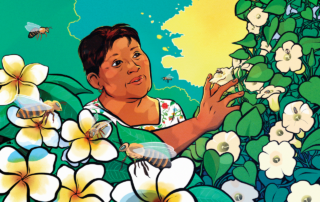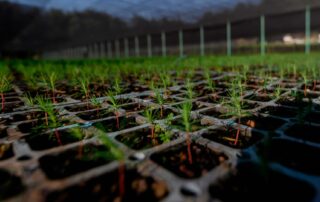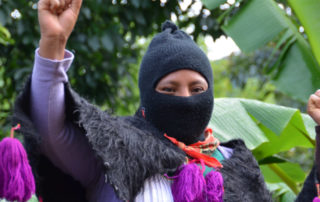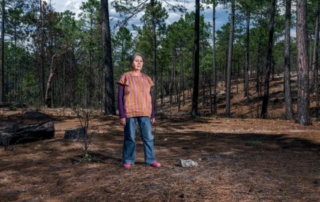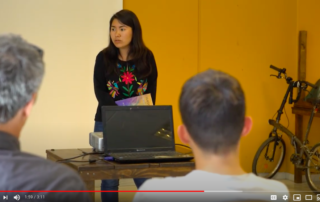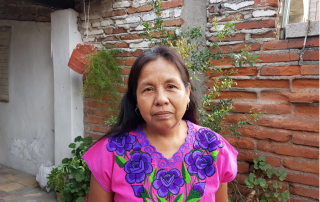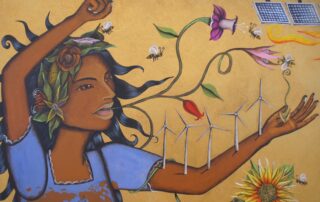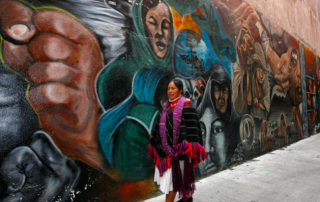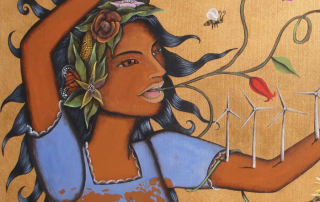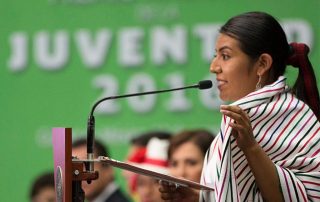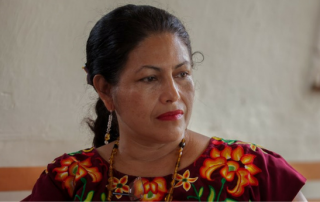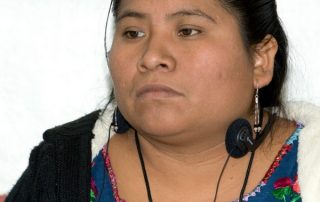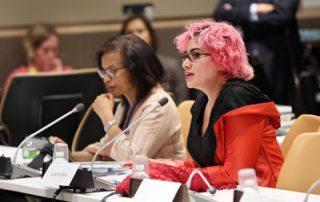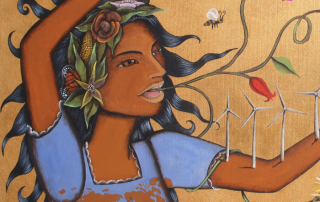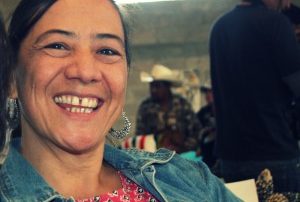The Keeper of Sacred Bees Who Took on a Giant
In Mexico’s Yucatàn Peninsula, traditional Mayan beekeepers still care for Melipon beecheii, a bee species important to Mayan culture and tradition. In 2012, the Mexican government approved the Monsanto program to plant genetically modified soybeans without consulting local communities and shortly, the bees started dying in large numbers. Leydy Pech, a traditional Mayan beekeeper who has long advocated for sustainable agricultural practices and the integration of Indigenous knowledge into practice, led the campaign against the Monsanto program on multiple fronts: legally, academically and publicly. The court case resulted in the government revoking the Monsanto program and has inspired Indigenous communities facing similar challenges to use Pech’s playbook. Lech explains the fight against the use of the soybeans is not just to protect the sacred bee, but to protect ecosystems, communities and a way of life threatened by industrial agriculture, climate change and deforestation. Photo credit: Natasha Donovan/Atlas Obscura


